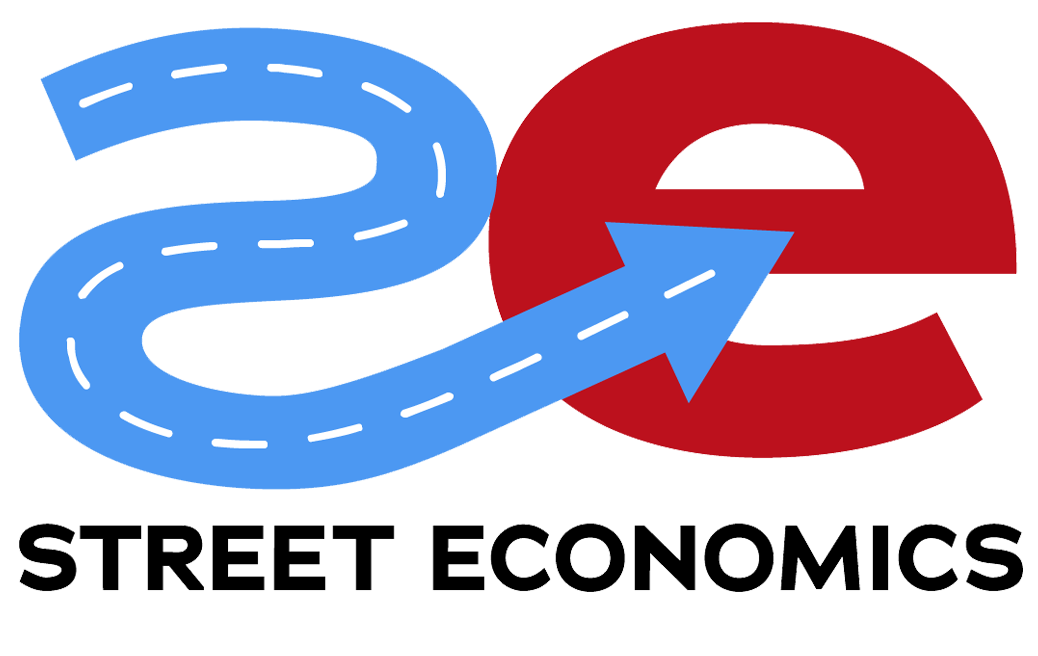Good morning, local leaders. This daily economic intelligence digest is crafted specifically for cities that reject outdated strategies, bureaucratic inertia, and yesterday’s economic development approaches. Realistic, actionable, and clearly stated, we’ll equip you to make proactive, informed decisions today.
Small Manufacturers Split on New Tariffs
President Trump’s sweeping new tariffs on imported goods are giving small American manufacturers a strange mix of hope and heartburn. On one hand, making foreign products pricier could finally give local producers a leg up. On the other hand, these business owners are also sweating higher costs for materials and the possibility that chaotic trade moves could backfire on the whole economy.
Why This Matters: These small manufacturers are often pillars of local economies; if tariffs boost their sales and spur hiring, that means more good jobs in town. But if supply chain disruptions or trade spats choke off their materials or customers, local workers are in the crossfire. City officials should keep track of which local industries stand to gain or lose from this tariff gamble and plan accordingly.
Fair Housing Enforcement Funds Slashed
President Trump is pulling the plug on nearly half the funding for local fair housing enforcement. These HUD grants keep dozens of nonprofit organizations running – the very groups that investigate and fight housing discrimination complaints. With this surprise cut, many fair housing centers could downsize or shut down, just as housing bias complaints hit record highs.
Why This Matters: Fair housing agencies often serve as the first line of defense for residents facing illegal discrimination in renting or buying homes. Without them, victims of landlord bias in your city might have nowhere to turn, and unscrupulous property owners could feel emboldened. For communities already struggling with affordable housing and rising rents, losing these watchdogs means even more hurdles for families seeking a fair deal. City leaders may need to brace for an uptick in unaddressed housing complaints or consider stepping in to fill the enforcement gap.
Most States See Stalled Job Growth
New Labor Department data for March shows the job market hitting the snooze button across most of the country. Unemployment didn’t budge in 46 states last month (the national rate is stuck at 4.2%), and only six states eked out any job gains. Zooming out a year, joblessness is up in 28 states compared to last spring — a clear sign the recent hiring boom is cooling off.
Why This Matters: The once blazing job market of the past couple years is clearly cooling off. That means cities can’t just coast on momentum – they may need to hustle to attract and retain jobs as hiring slows. Stagnant employment can squeeze everything from local tax revenues to small business sales. With more states seeing upticks in unemployment, local officials should plan ahead for a possible increase in residents needing support or retraining if this trend continues.
Builders Pull Back Even as Mortgage Rates Dip
Housing data is sending mixed signals. Home builders sharply slowed new construction in March, with housing starts down roughly 11% from February, as high costs and economic uncertainty made developers skittish. Yet at the same time, mortgage rates have edged down for two weeks in a row, now about 6.6% for a 30-year loan, offering a small dose of relief for prospective buyers.
Why This Matters: A construction slowdown means the housing shortage isn’t getting better anytime soon, which keeps upward pressure on home prices and rents in your community. That little dip in mortgage rates is nice, but let’s be real: 6.6% interest still puts a damper on affordability for many buyers. City officials hoping to improve housing affordability should note that the market isn’t going to fix itself right now; it may fall on local policy (like faster permits or incentives) to boost housing stock and keep prices in check.
Communities Boycott Big Retailers
As part of a new “spend your dollars with dignity” campaign, Black church and community leaders across the country staged economic protests this weekend targeting big retail chains. They’re urging Black consumers to refrain from shopping at major stores that don’t invest back into minority communities. Instead, the organizers encourage directing spending toward businesses that actually support and respect local Black neighborhoods.
Why This Matters: Consumers vote with their wallets. If a large segment of your city’s population is deliberately shifting spending away from major chain retailers, that can hit those companies’ local sales and they will notice. It also means more dollars staying local, which could boost Black-owned and community-focused businesses. City leaders and chambers of commerce should pay attention: this kind of grassroots economic activism signals that residents want businesses to step up their community support or risk losing loyal customers.
Street Economics® is a community-focused economic intelligence service that cuts through the jargon and noise to help city leaders and citizens make sense of financial trends. It’s like having a sharp econ advisor on call – translating global and national developments into local impact and action. With Street Economics®, you get timely insights, irreverent analysis (as you’ve seen), and practical takeaways for your community. In an era of information overload, we help you figure out what actually matters for your city’s budget, businesses, and families. Ready to make smarter decisions and drive your local economy forward? Check out Street Economics® at streeteconomics.ai and see how our daily briefings and tools can help your community thrive. Go ahead, join the movement – your city’s economic future won’t wait!



No responses yet